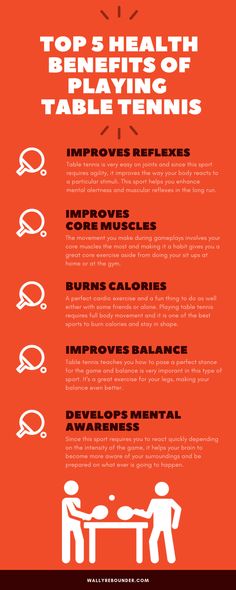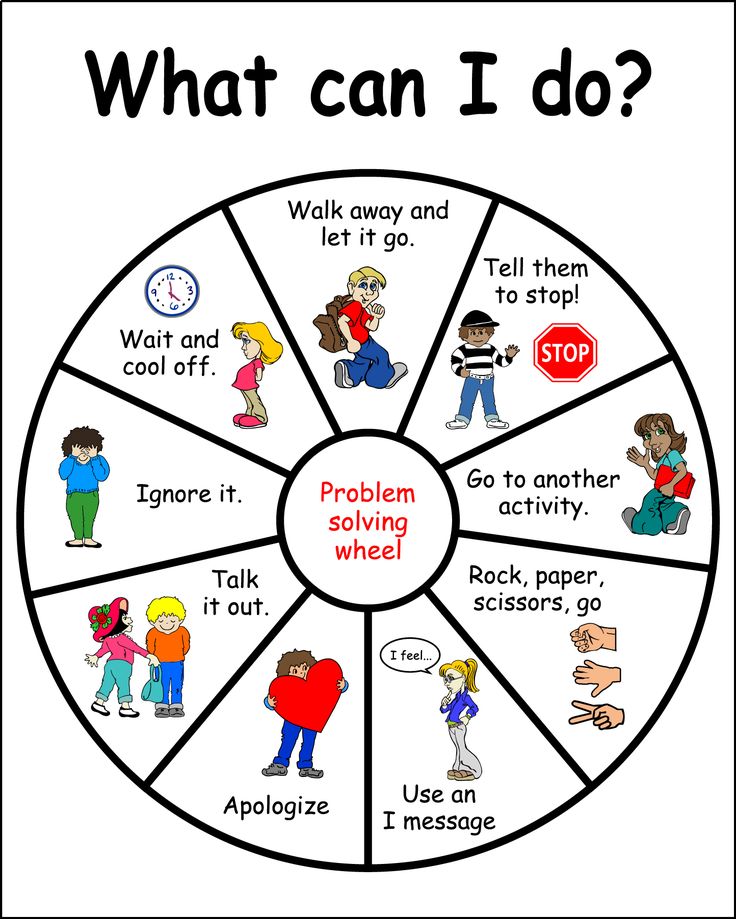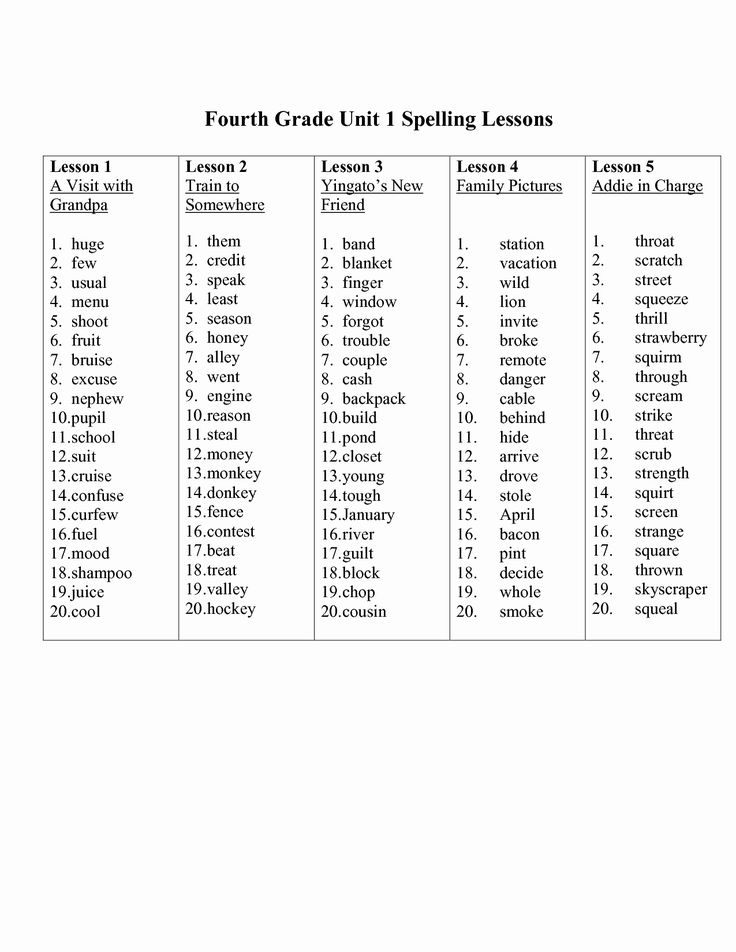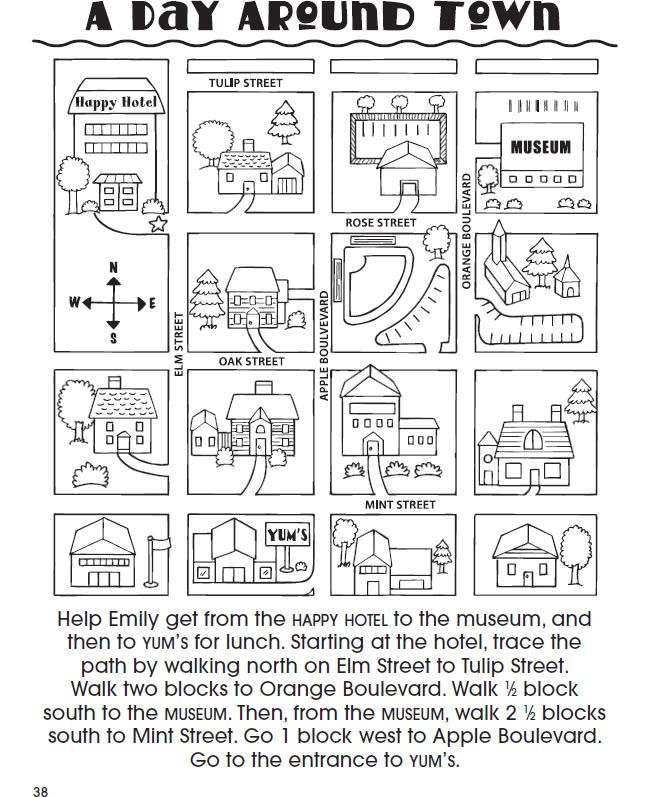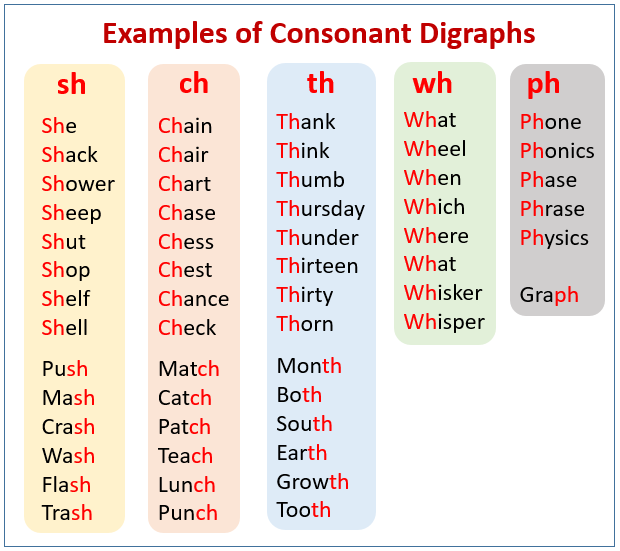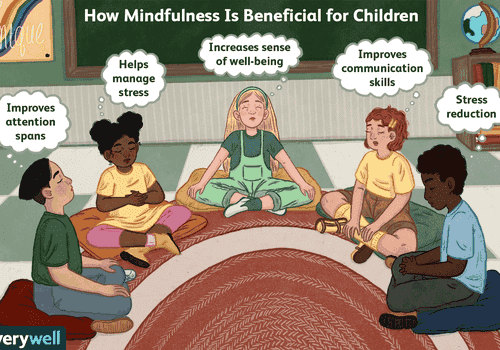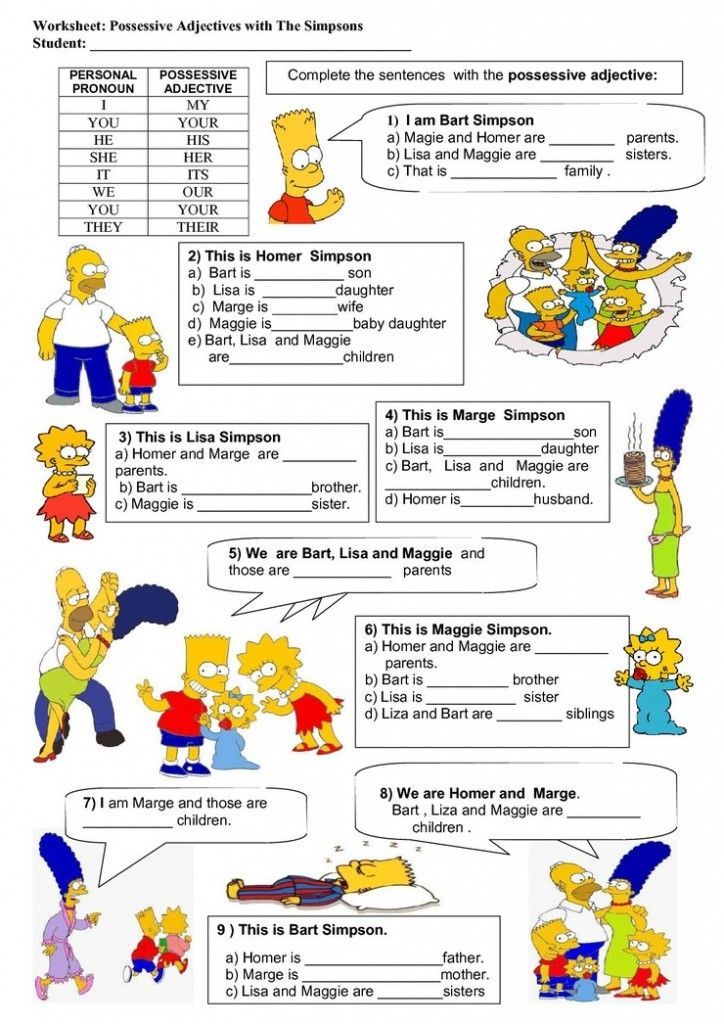Benefits of free play
What is free play and why should you encourage it at home?
Learn how playing independently can benefit your child’s development.
By UNICEF
UNICEF/UNI334322/ Bhardwaj
Playtime is not just about having fun – it’s about learning, too. When your little one is reciting a nursery rhyme, they are working on language development skills. Does your child love to toss a ball up in the air and catch it on the way down? They are building important gross-motor and hand-eye coordination skills.
During the COVID-19 pandemic, many children have not been able to play with their friends and classmates – something that is critical to their development. While it is important for children to interact with their peers, there are benefits to playing independently, too. We spoke to education and child development experts Syeda Sazia Zaman and Ferdousi Khanom from the BRAC Institute of Educational Development at BRAC University about how parents can encourage free play in their children – and why they should.
Why is play so beneficial to children?
“Play is at the core of the development of the child,” explains Zaman. Children experience and learn about their world through play: they explore their physical environment, express their emotions and build their vocabulary through playful moments. “Play is very natural for children around the world,” adds Khanom. “It is a really important tool for children’s cognitive, physical, social and emotional development and also their imagination and creativity.”
>>Learn how to turn everyday routines into fun playful moments for learning and brain development
What is free play?
Free play is when children have full freedom to play in whatever way they want. “They can choose everything – they have the freedom to select their play materials, interest area and even the plot,” explains Zaman. During free play time, children can express themselves in the way that they choose depending on the day, time and situation they are in.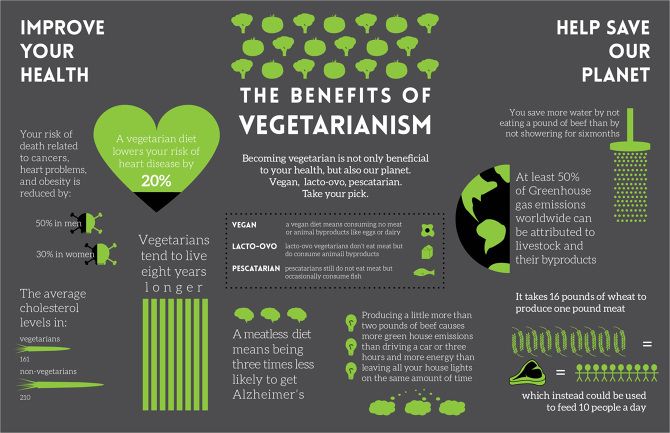 “These kinds of opportunities are very important for children,” says Khanom.
“These kinds of opportunities are very important for children,” says Khanom.
Every child is unique and has a different way of expressing them self. “You may have a child who wants to draw, but another child will want to play alone with a puzzle. Every child has a different way of expressing their creativity,” explains Khanom.
How is free play beneficial to children?
“Sometimes it’s good for children to play alone or independently because they can be more creative when they are playing by themselves,” says Khanom. When a child is playing alone, they are engaging themselves, using their imagination and “from very early childhood they are being independent,” says Zaman. Building independence at a young age is beneficial later in life.
Free play is also important for learning problem solving skills. “They can try to solve a problem or come up with a solution on their own while playing.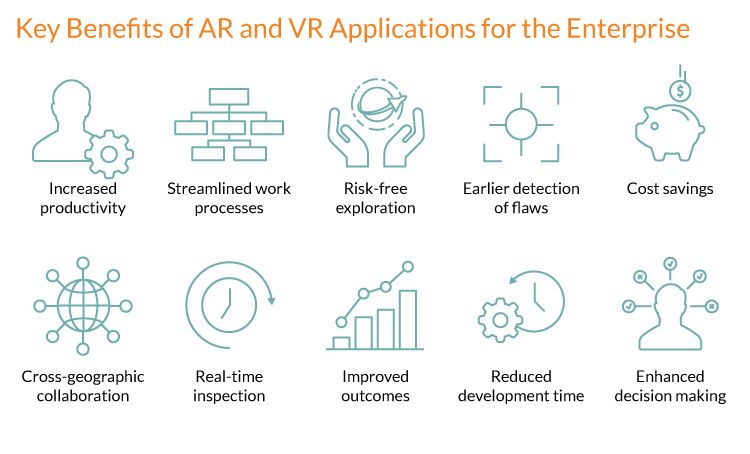 They need to express their own way of thinking. Those skills develop when a child is playing independently,” explains Khanom.
They need to express their own way of thinking. Those skills develop when a child is playing independently,” explains Khanom.
From what age should parents introduce free play to their children?
Free play creates an opportunity for children to explore their world in their own way and helps foster creativity and using their imagination, so Khanom and Zaman recommend starting at an early age. Parents should encourage toddlers and preschoolers to engage in free play on a regular basis, but with continued supervision it can even be introduced to babies of 6 months.
How can parents encourage free play at home?
Though free play is all about independence, parents can support and encourage their children in having a fun, playful learning experience.
- Make sure your child has a safe space to play in. When playing freely, children should have the chance to explore and do most things on their own to build confidence and independence.
 However, it is important to make sure that your child has a safe environment to do this in. Clear play areas of any potential hazards and check in throughout playtime to make sure your little one is playing safely.
However, it is important to make sure that your child has a safe environment to do this in. Clear play areas of any potential hazards and check in throughout playtime to make sure your little one is playing safely. - Listen to your child. Ask your child, “What do you want to do today?” Based on how they respond, help create an environment where they can explore their interest. For example, if they want to build a house, you can give support by providing materials and a safe space to work. Think about the materials your child would need and then look around your home to see what is available. Don’t be afraid to get creative! For example, if your child wants to do a puzzle and you don’t have one at home, use a picture or a calendar and cut it into pieces for them to put together.
- Give some clues and prompts along the way. When your child faces a problem, you can help guide them toward a solution by asking “What do you want to do? How can we solve this problem?” As Zaman explains, “The adults should not do everything for the child.
 We just need to give some clues or support to where the children can think for themselves and do things for themselves.”
We just need to give some clues or support to where the children can think for themselves and do things for themselves.” - Make it a bonding activity. Just because your child is playing on their own doesn’t mean you can’t be engaged! If your child wants to play with you while you are busy working, try talking with them about something they can do on their own, and then when they are done you can look over it together. Khanom often takes this approach with her own daughter: “I will ask her ‘can you please write a story?’ I know she is not yet writing properly but whatever she writes is fine. Then she will read it aloud to me.” By taking this approach, you can help engage your child in different activities where they can play independently.
>>Read: Indoor play ideas to stimulate young children at home
>>Find out more from UNICEF and LEGO Foundation's paper on learning through play
This article was supported by the LEGO Foundation. For fun learning-through-play ideas, visit PLAYLIST.
For fun learning-through-play ideas, visit PLAYLIST.
Interview by Mandy Rich, Digital Content Writer, UNICEF
The 12 Benefits of Free Play in Early Childhood
- Share
Children engage and interact with the world around them through play. Free play during early childhood is about exploring, experimenting, discovering and learning.
Let’s take a look at a few of the benefits of free play in early childhood and why it should be a regular activity for young children.
What is Free Play?Free play is any kind of play that is initiated by a child. Outdoor play and indoor play can both be considered free play, as long as your child has the freedom to control their own play experience.
There are two types of play activities – adult-guided play and child-directed play.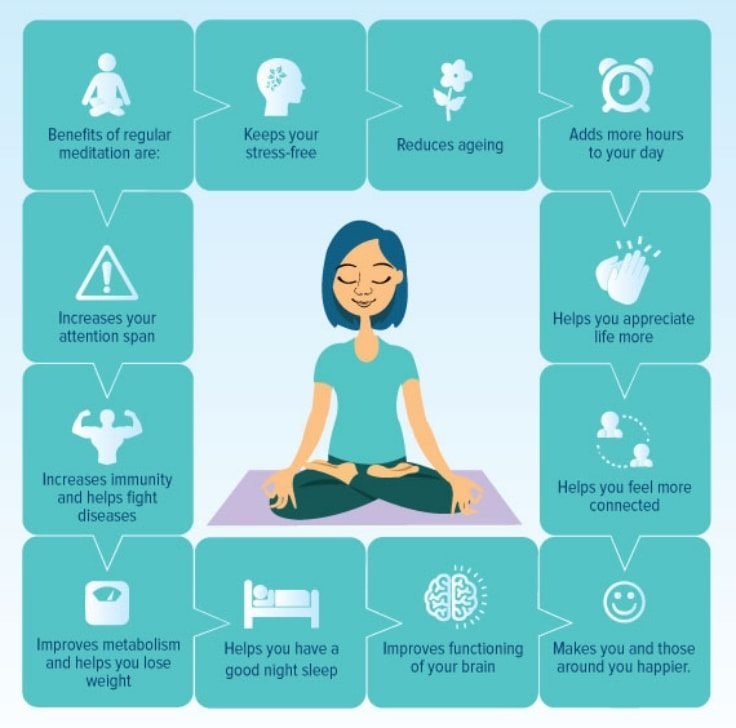 Both are important for a child’s development.
Both are important for a child’s development.
Here are some examples of adult-guided play activities:
- Sponge painting with your child
- Laying out an obstacle course in the garden
- Playing board games
- Taking your child to a pottery class or an art class
- Playing a game of I Spy
- Cooking together
Here are a few free play examples:
- Symbolic and dress-up play
- Block play and construction play
- Building puzzles
- Sand and water play
- Process art
- Outdoor play – riding tricycles, climbing, running, chasing, hanging, swinging, etc.
- Child-led outdoor games
During the preschool years, the majority of a child’s development happens during unstructured play, so the importance of free play in early childhood cannot be underestimated.
Preschoolers and toddlers are developmentally in the stage of informal learning through play.
Here is a brief look at 12 benefits of free play for kids.
1. Brain DevelopmentFree play is important for a child’s overall brain development. As children explore and learn, they form new connections and pathways in the brain.
Children’s brains are processing at double the speed of adults’ brains. This is a significant amount of brain development. The stimulation a child receives early on will determine how many neurons are formed and which do not form. [source]
2. CreativityPlay is a creative activity. Children are constantly thinking up new games and activities to keep themselves entertained.
During fantasy play, for example, children create stories and events and act them out as if they were happening.
In an art activity, children’s visual creativity is developed.
When playing with construction toys, designing a building brings out creativity.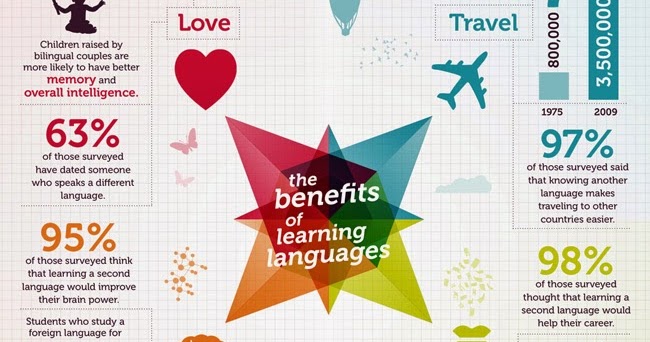
All forms of play develop creative expression. Find out how you can encourage creativity in your young child.
A child’s first mode of learning social skills is through interacting with their parents. After that, social interaction is built by playing with siblings or friends.
During free play, children learn many social skills such as:
- collaborating with others
- playing with others with a common goal
- negotiating
- learning to follow rules
- thinking of others and seeing their perspectives
- solving conflicts fairly and independently
- Asserting themselves
- following another’s lead
- showing sympathy and empathy
- communicating effectively
Planning skills are important during the early grades. They help a child know how to plan work before starting or carrying out a task logically and within a given time frame.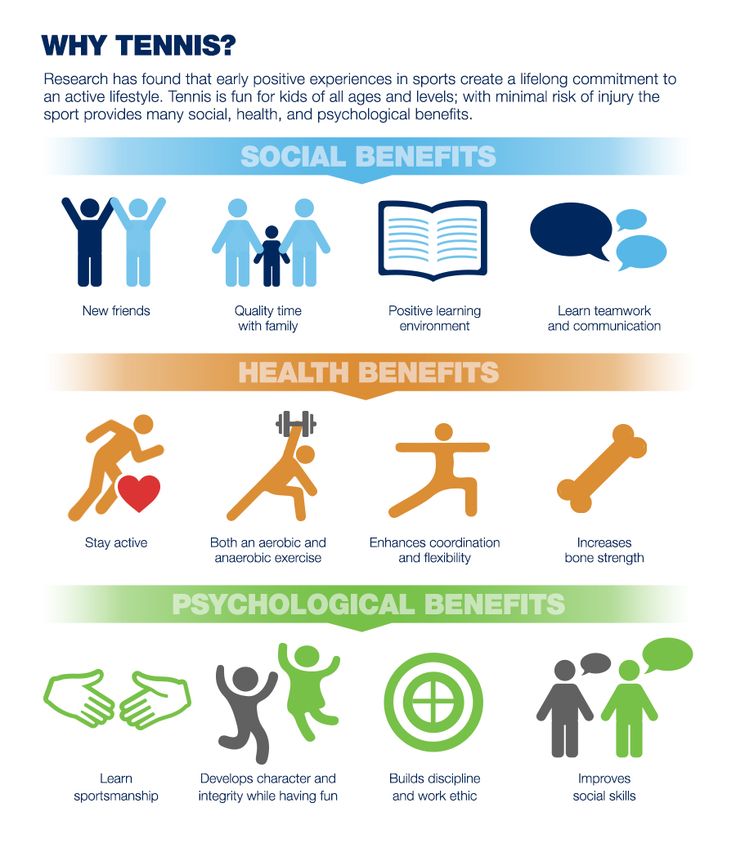
The skill of planning is constantly developed during play. A child may need to plan a house before building it with Lego, set up a grocery shop for pretend play, or plan where to stick a picture on a page.
Planning is a skill that requires careful thought and consideration. Children learn to think about the desired outcome before beginning a task and work out a plan for executing the task.
A child who is still developing planning skills could start drawing a picture of his family but run out of space on the page for some of his family members, while a child who has good planning skills will first look at the available space and decide how much space each person will take up on the page.
Play is a great way to practise planning on a physical level, before moving on to planning on paper.
5. Motor DevelopmentChildren’s gross motor and fine motor skills are largely developed through free play. Children need well-developed motor skills in order to learn how to read and write.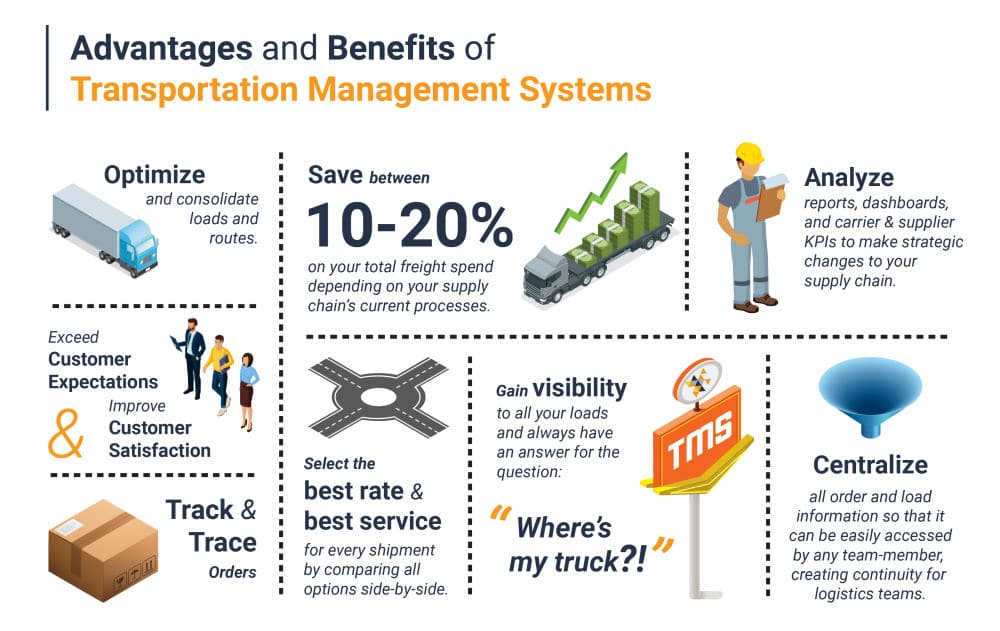
A child develops physically from the centre of the body outwards, to the limbs. In other words, their large muscles develop first, followed by their small muscles.
Large muscles are developed through free play activities such as:
- walking and running
- climbing
- hanging
- skipping, jumping and hopping
- crawling
- pushing and pulling
- catching and throwing
Small muscles are developed through free play activities such as:
- playing with pegboards
- moulding playdough
- building with blocks or construction play toys
- drawing and painting
- cutting and pasting
- threading and lacing
In recent times, the increase in screen time and the decrease in playtime have had a massive impact on the classroom. More and more children have underdeveloped motor skills and are struggling academically as a result.
6. Problem SolvingEvery child will encounter multiple problems during play sessions. They will need to figure out how to stop their tower from tumbling over, how to make a tent out of blankets, or how to change the rules of the game to make everyone happy.
They will need to figure out how to stop their tower from tumbling over, how to make a tent out of blankets, or how to change the rules of the game to make everyone happy.
Knowing how to solve problems is a skill that is needed in school and in adulthood and is even a crucial skill needed in every person’s career.
The beauty of problem solving during play is that when children are relaxed and engaged in an activity of their choice, they don’t see problems as being problems. Rather, they are merely challenges that need to be tackled.
The more invested the child is in solving the problem, the more determined they will be.
This is a healthy attitude to take into adulthood, where problems can never be avoided and are best seen as challenges.
7. Language DevelopmentChildren usually verbalize what they are doing as they play, even when they are alone. Not only are they increasing their vocabulary, but they are also practising language structures and sentence construction.
Playing with others provides an even bigger language learning opportunity as they interact and learn from each other through conversation.
8. IndependenceWhen children are accustomed to having free time to play every day, they develop a sense of independence and enjoy their time to themselves, or their time with their own peers.
As a parent, it is important to not be present during every play session or your child will develop a dependence on you to always be around.
This is also true for playdates, which are a healthy and important part of a child’s youth.
Try not to plan every aspect of the playdate and let your child show his independence as he plans the play session himself and learns to entertain his friends without needing adult guidance.
9. Visual PerceptionVisual perception is the brain’s ability to interpret what it sees. This is very important for learning to read and write and being able to distinguish letters, words, patterns, etc.
Visual perceptual skills include:
- visual memory
- sequential memory
- visual discrimination
- visual closure
- visual comprehension
- perception of shapes
- depth perception
- figure-ground perception
- visual analysis and synthesis
This skill is developed naturally through play.
10. Auditory PerceptionAuditory perception is the brain’s ability to interpret what it hears. This is equally important for learning to read.
Before a child can learn to distinguish the sounds of letters and work with these sounds, they must develop an understanding of sounds and patterns in sounds.
Again, this is developed naturally through play.
Auditory perceptual skills include:
- auditory discrimination
- auditory memory
- auditory analysis and synthesis
- auditory foreground-background perception
 Spatial Perception
Spatial PerceptionWhen a child understands their body in relation to the world around them, they have developed spatial perception.
Children can develop this by climbing through tunnels, running around, playing movement games, crossing their midline, etc.
Children with poor spatial perception will often bump into others when playing a game or have poor body awareness and understanding of their position in space.
If a child’s spatial sense is not developed, they will struggle later, especially when writing letters and words and spacing their work on a page. They must first learn this skill on a physical level, with their own bodies, before they can understand space on paper.
12. Healthy ExpressionLast but not least, play is a way for children to express themselves and make sense of the world.
During an activity such as fantasy play, a child has a safe way to act out their emotions and learn to cope with them.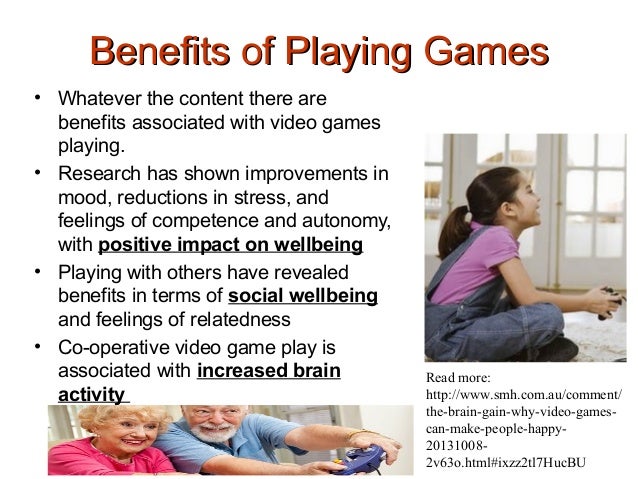 Children use play as an outlet to express how they feel about the world and everything that happens in it.
Children use play as an outlet to express how they feel about the world and everything that happens in it.
These are just some of the free play benefits. Never feel guilty if your children are “just playing.” This is the best activity they could be doing!
Get FREE access to Printable Puzzles, Stories, Activity Packs and more!
Join Empowered Parents + and you’ll receive a downloadable set of printable puzzles, games and short stories, as well as the Learning Through Play Activity Pack which includes an entire year of activities for 3 to 6-year-olds.
Access is free forever.
Signing up for a free Grow account is fast and easy and will allow you to bookmark articles to read later, on this website as well as many websites worldwide that use Grow.
- Share
Advantages of free play in online casino
Home » Business » Economics
Heading: Economics
Most Azino777 casino software developers provide their games with a trial mode, thanks to which gamblers get the opportunity to try out slots for free. The training mode does not require registration and account renewal, as bets are placed on conditional loans. That is why demo versions of slot machines in online casinos are designed for players who prefer to evaluate the game in advance and understand the rules. Website visitors have the same opportunity. This page contains free slot machines to run on a computer or smartphone for informational purposes only.
It should be noted that Azino777 has a large variety of devices today. Players can enjoy a fruity theme, funny alien monsters, a story about three little pigs, a prankster and more. Also, the player can easily find slot machines that have become incredibly popular in Ukraine and have become really good games. For example, these are Book of Ra, Crazy Monkey, Fruit Cocktail and others.
For example, these are Book of Ra, Crazy Monkey, Fruit Cocktail and others.
By the way, the casino offers slot machines from leading software providers. The quality of the content is expressed in high optimization and modern quality, even for the Android platform. Of course, the mobile casino also has a wide range of gaming content. Therefore, playing online slots in this gambling club will definitely not be boring.
Benefits of free play
Online slot developers understand that not everyone is willing to risk their money. Therefore, they create demo versions of slot machines for free play. To start the spins, virtual credits are used - chips. It is credited to the account immediately after the device is loaded.
Demo game mode has the following advantages:
- Automatic test. You will be able to study the gameplay, the quality of graphics, understand the conditions for activating bonus options and evaluate the level of return.
- No expenses.
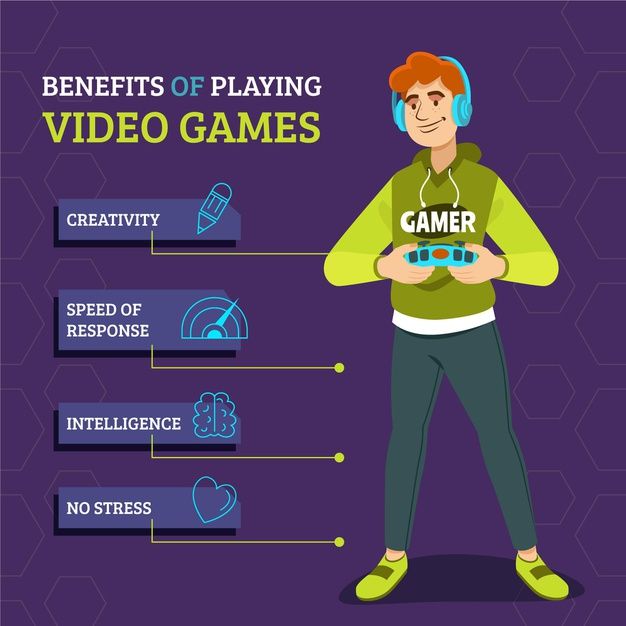 Virtual credits are always used to trigger free spins in demo mode, even if there is money in the casino account.
Virtual credits are always used to trigger free spins in demo mode, even if there is money in the casino account. - There are no restrictions on the number of spins. If you run out of free credits, just restart your machine; balance replenishment.
- Game without download. The demo machines run in a browser window in Flash or HTML5 for mobile devices.
- Registration is not required. The user does not need to spend time creating an account, setting up email, password and personal data. It is allowed to immediately launch online slots for free in a casino for betting on chips.
- Ability to evaluate the effectiveness of strategies. There is a lot of talk on the Internet about a win-win option, but in reality it is not always possible to get a plus. Thanks to the free mode, you will be able to understand which of the available strategies really work.
0
Did you like the article? Share with friends:
Features and Benefits of Free Slot Game Mode - First City Site
The gaming club operates officially, placing on its website only original software from leading providers.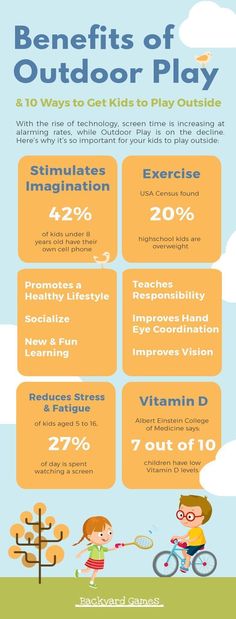 Among the large selection of popular online slots are classic reel slots, with bright animation, 3D graphics, special symbols and many bonus rounds. The range of casinos includes slot machines from Play'n GO, Belatra Games, Igrosoft, Novomatic, Evoplay Entertainment, Fife Men Games, Unicum and other well-known developers.
Among the large selection of popular online slots are classic reel slots, with bright animation, 3D graphics, special symbols and many bonus rounds. The range of casinos includes slot machines from Play'n GO, Belatra Games, Igrosoft, Novomatic, Evoplay Entertainment, Fife Men Games, Unicum and other well-known developers.
Any slot featured on the casino site can be played for free. To play in demo mode, you do not need to create an account in the gaming club, go through authorization and make a deposit. To download slot machines to the casino for free, just click on the "Demo" button on the image with the game. After that, you can place bets and spin the reels.
What is the free mode of playing slots
The possibilities of demo versions of slot machines differ from the usual mode only in that credits are used for betting instead of real currency. These credits, in case of winning, cannot be withdrawn to a card or wallet. And in case of loss, their number can be renewed. To do this, you just need to reload the page with the game.
To do this, you just need to reload the page with the game.
All other functionality and technical characteristics of slots in the free mode are similar to the real game. Fully consistent with the number of reels and paylines, betting range and odds for prize combinations, symbol set and bonus games. You can run demo versions of slot machines around the clock, without restrictions on time or number of sessions. In demo versions of devices that have a cumulative jackpot, its amount is indicated as an example. You cannot win the jackpot in the test version of the game.
Advantages of demo versions of slot machines
The main advantage of the free mode is that all site visitors can play slots, including those who do not have an account at the casino. It is often used by those gamers who for some reason cannot make a deposit or do not have enough free time for a full gaming session. In some cases, the user needs to play a couple of rounds in order to get an idea about the machine and understand whether it is suitable for betting with a real balance or not.